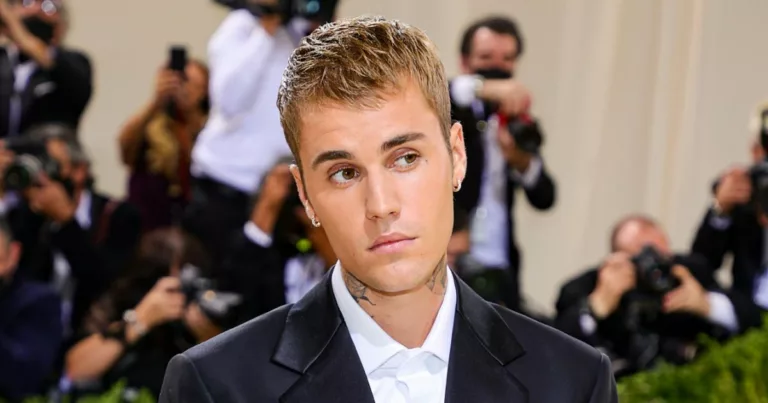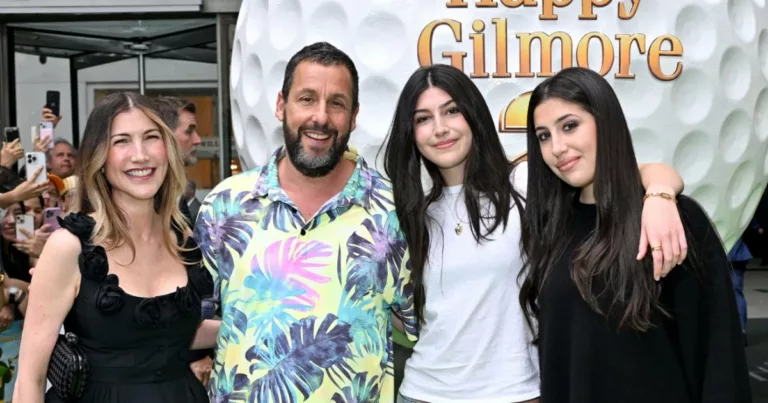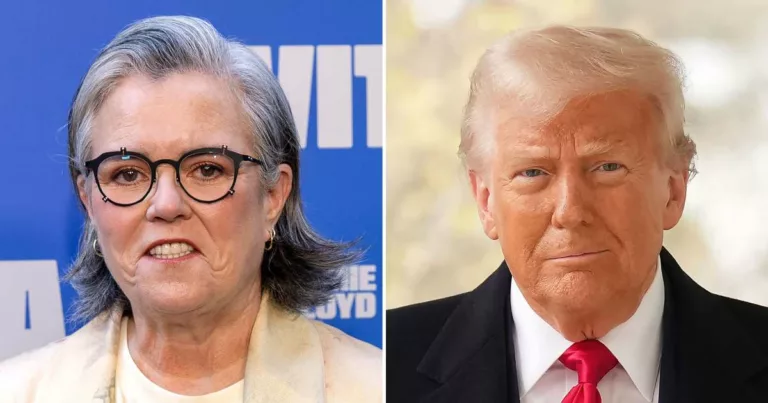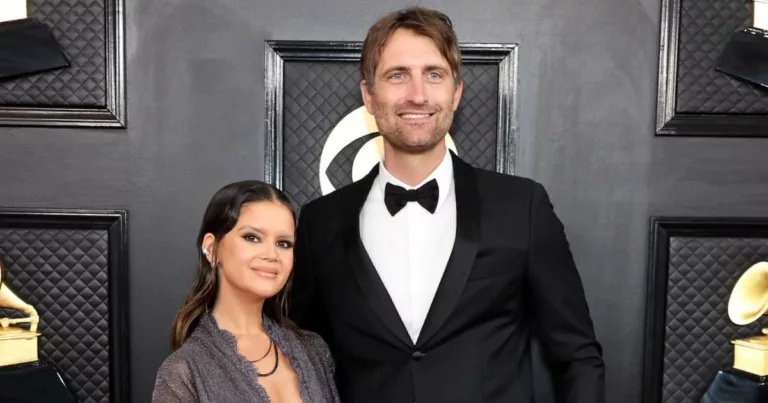Chris Pratt Stands by Robert Kennedy Jr Amid Controversy Over Health Cuts
In a surprising turn of events, Chris Pratt, the actor known for his roles in blockbuster films, has spoken out in defense of Robert F. Kennedy Jr., the controversial Secretary of Health and Human Services. This endorsement comes just days after Kennedy Jr. made headlines for defunding essential cancer research and implementing various cuts to public health initiatives in the United States. With many members of the Kennedy family distancing themselves from him, Pratt’s comments have ignited a mix of support and outrage within public discourse.
During an episode of Bill Maher’s ‘Club Random’ podcast on August 18, Pratt shared his positive impressions of RFK Jr., stating, “I really got along with him well. I think he’s great. I think he’s funny. I like him. I love him.” His remarks came amid a backdrop of escalating criticism directed toward Kennedy Jr., particularly concerning the significant cuts to health programs that have impacted cancer research funding.
Pratt’s connection to the Kennedy family is notably personal; through his marriage to Katherine Schwarzenegger, he is related to Maria Shriver, RFK Jr.’s cousin. While it’s not uncommon for celebrities to lend their voices to support family members, this particular endorsement raises questions about Pratt’s understanding of the political landscape surrounding Kennedy Jr.’s controversial actions, given that he admitted, “I haven’t actually looked into what is or is not true about the HHS Secretary.”
The juxtaposition of Pratt’s praise for Kennedy Jr. against the backdrop of his public health decisions is telling. Many observers are now left wondering if Pratt’s comments will have repercussions during awards season or if they might influence public perception of the actor’s career, especially as Hollywood navigates increasingly polarized political waters.
Pratt attempted to contextualize his support for Kennedy Jr. by noting, “Politics is a nasty business.” He expressed concern that public perceptions of individuals often differ dramatically from their true character, suggesting a disconnect between RFK Jr.’s public image and his personal interactions: “I’ve seen how the person you are can be such a contrast to the person that people are being told that you are.” This sentiment echoes a broader trend where celebrities grapple with the implications of political association and public opinion.
Critics have not been shy in their reactions to Pratt’s defense. Some have described his comments as “joining the war on childhood cancer on the side of cancer,” highlighting the irony of defending someone actively involved in reducing cancer research funding. While Pratt may not share the same perspective as his critics, the backlash spotlights the intense scrutiny celebrities face when they choose to align with controversial figures in politics.
As public sentiment shifts, the implications of such endorsements can be far-reaching. For instance, this backlash could potentially affect Pratt’s standing in Hollywood, especially among those who prioritize social responsibility and public health advocacy. Given the public’s increased consciousness around health issues—especially in the wake of the COVID-19 pandemic—Pratt’s remarks may not resonate well with fans who value a compassionate and informed approach to health policy.
Pratt further addressed the idea that political narratives often shape public perceptions, stating, “When you jump on the bandwagon with who is the most divisive president ever, it makes sense that you’re going to be made to look terrible.” This comment suggests that Pratt is aware of the precariousness of his position in a highly polarized climate. Nevertheless, he expressed a desire to remain optimistic about bipartisan initiatives, singling out Kennedy Jr.’s efforts to remove harmful substances from children’s food as a potential area of agreement.
Despite the controversy, Pratt’s stance raises questions about celebrity influence in political conversations. Should public figures like Pratt take a more cautious approach when discussing politics and controversial figures? Many would argue that research and understanding are crucial before making public endorsements, especially in contexts affecting public health.
The conversation surrounding Pratt, Kennedy Jr., and their implications in current political discourse underscores a growing trend where celebrities engage in advocacy—sometimes with unintended consequences. As public figures, their words and associations carry weight, and audiences are increasingly holding them accountable for their endorsements.
As the fallout from Pratt’s comments continues to unfold, it will be interesting to see how it affects his career trajectory in Hollywood. Will audiences rally around him in support, or will this controversy linger and influence their perception of him as a celebrity? With awards season approaching, the entertainment industry may observe closely how Pratt’s political associations play into public sentiment—and how that might impact the projects he chooses moving forward.
Ultimately, this situation serves as a reminder of the intricate relationship between celebrity culture and politics. In an era marked by social media and instantaneous communication, the repercussions of public endorsements can reverberate far beyond the immediate moment, shaping public perception and professional opportunities in equal measure.





